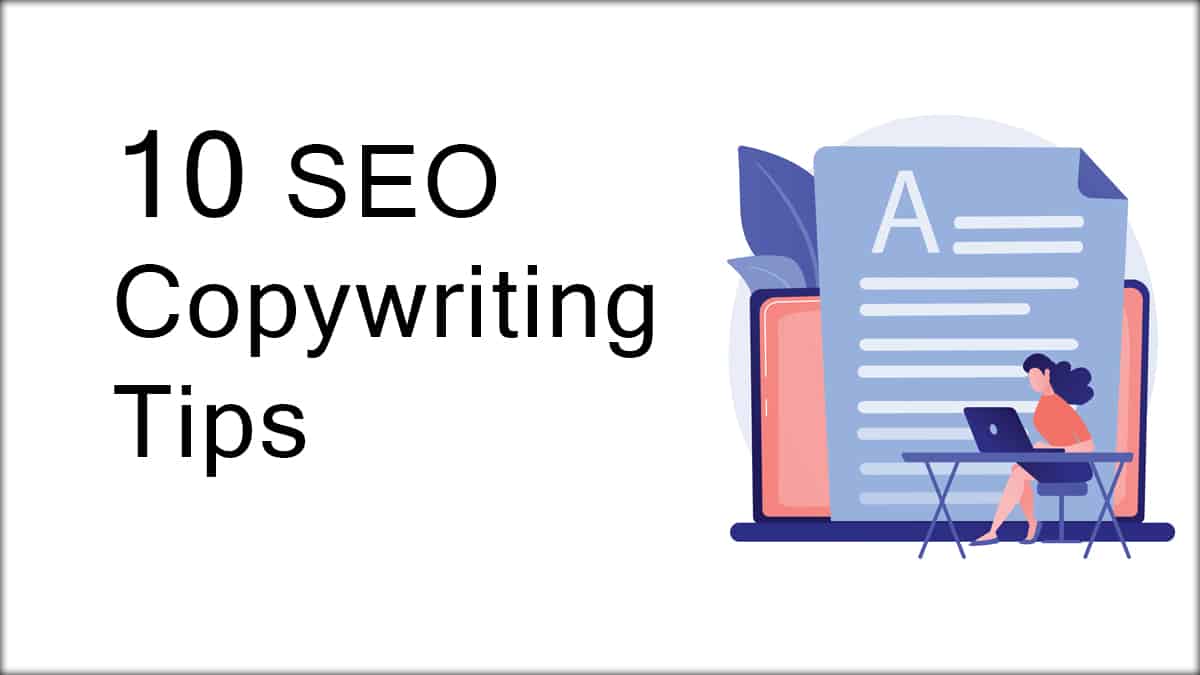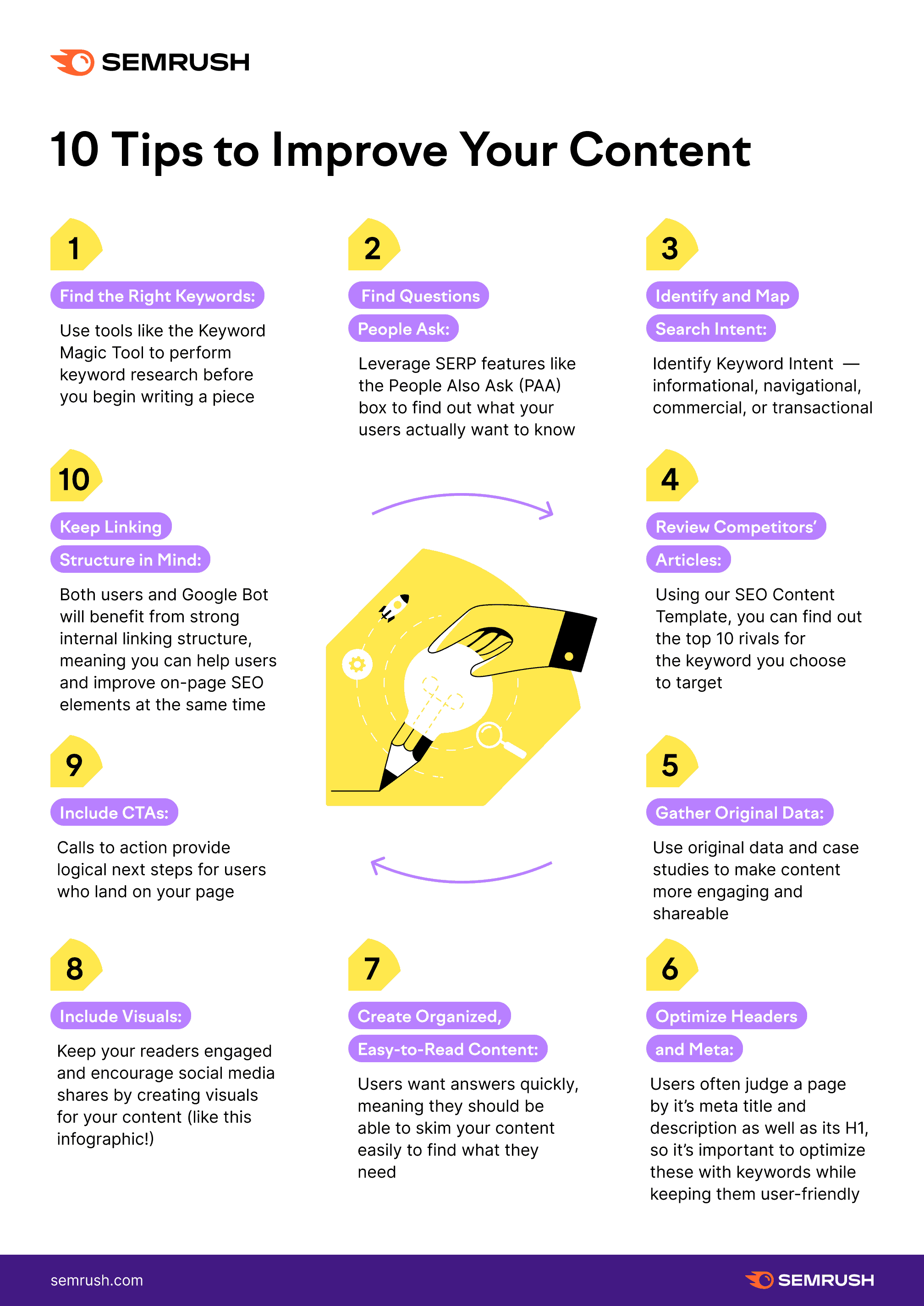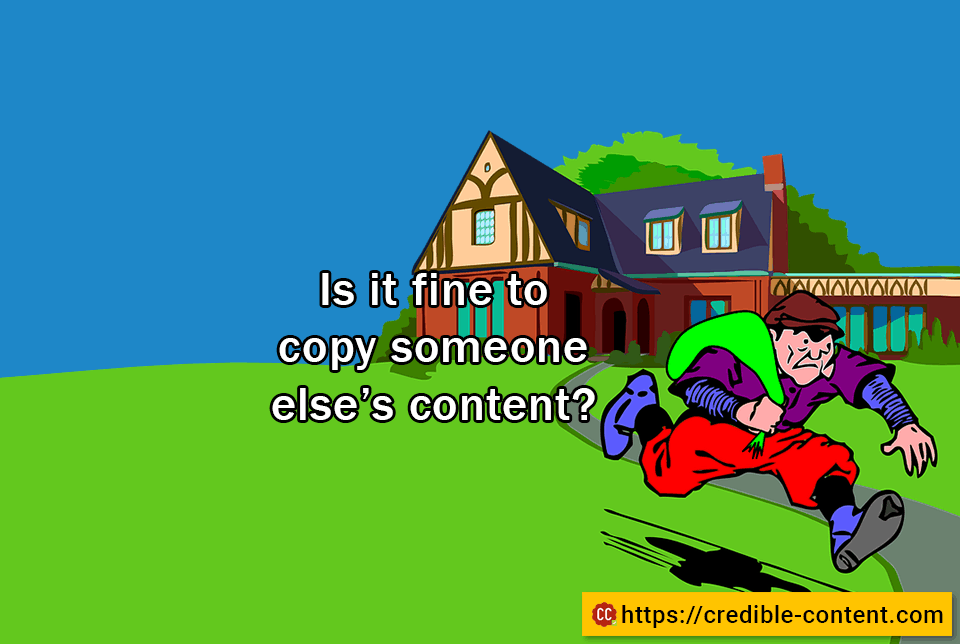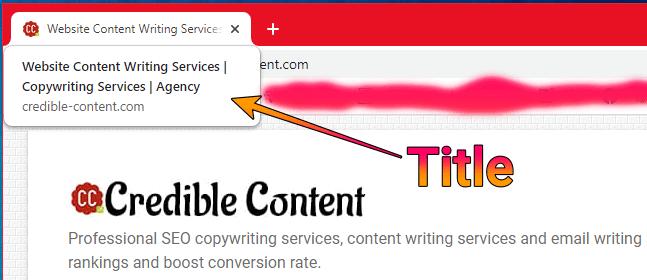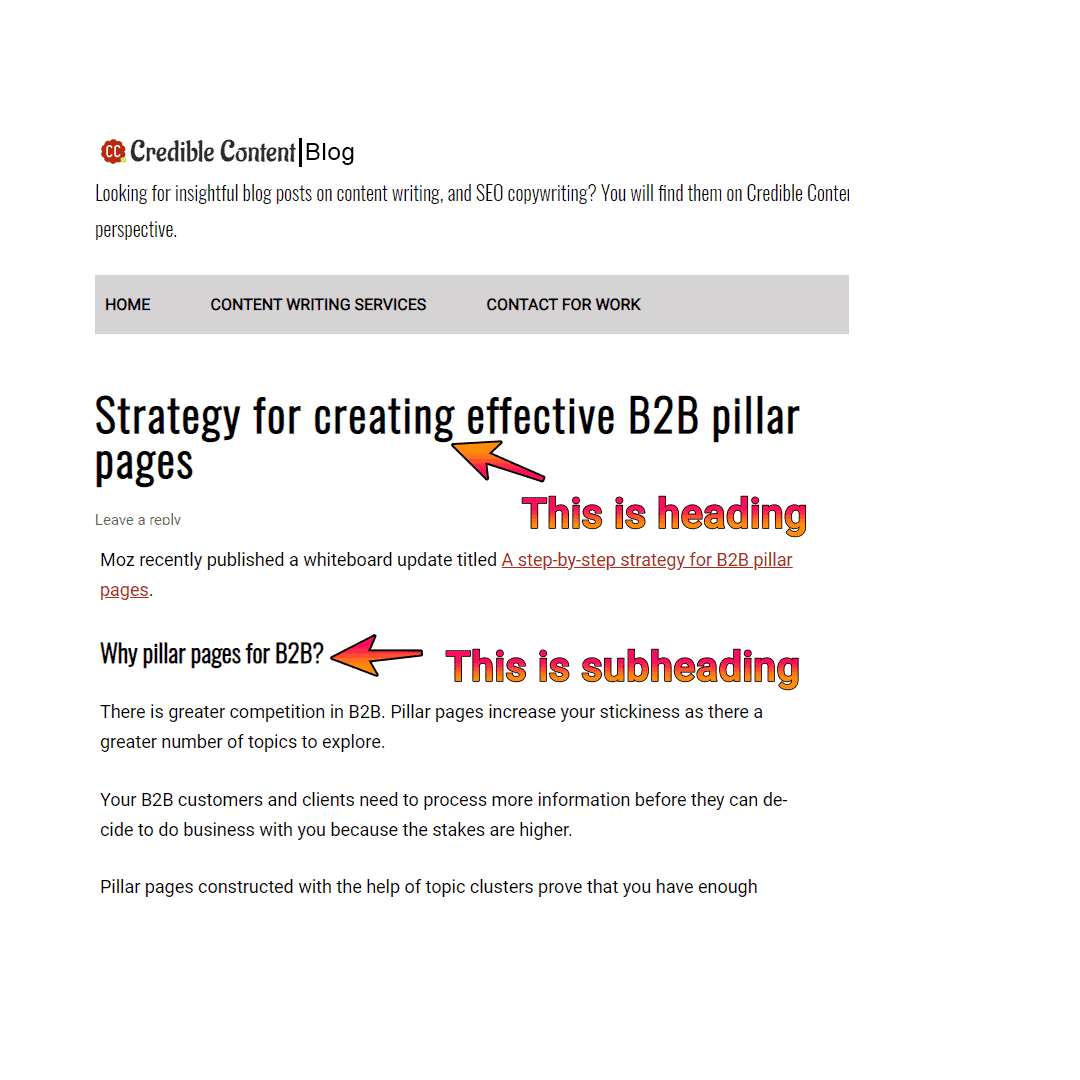A big reason why you publish blog posts every day is that you want to improve your search engine rankings. During the past 15 years since I have been providing professional content writing services, I have come across only 3-4 clients who wanted to publish blog posts for the purpose of broadcasting their messages. Otherwise, the primary purpose is always improving SEO. I’m not saying there is anything wrong in that.
SEO copywriting is an integral part of writing for the purpose of improving your search engine rankings. Copywriting doesn’t always mean writing for ads or promotional literature. You maintain a business blog because you want to increase your sales. You want to convince your ideas compellingly so that your readers believe you and then do business with you. Whenever your writing involves convincing people, it is more copywriting and less content writing.
SEO copywriting and SEO content writing are often interchanged but the sole difference is that when you use copywriting when writing, you also promote your business.
SEMRush published an infographic listing 10 SEO copywriting tips to follow whenever you write a blog post or web page. Here is the infographic:
As the name suggests, SEO copywriting is meant to improve your search engine rankings. Therefore, you need to take certain steps, you need to follow some procedures, to make sure that you are optimizing your copy for better search engine rankings. Here are a few things you can do
1. Find the right keywords
There are rumors that Google no longer needs keywords and you can use contextual language to convey to Google what keywords to optimize your content for. But the keywords still matter. You can use various online tools to find the keywords people are using to find your business. You can even use as simple a tool as Google. When you search for something on Google, Google also suggests other search terms. The search terms are being used by people.
2. Find out which questions people are
Questions and their answers are ranked better by Google. Questions are generally a treasure trove of keywords because they use exactly the language people use when they are searching for your business.
Therefore, there is a greater chance of ranking a web page with a question “How to find the best content writing services” higher than a web page having a simple title as “We provide the best content writing services”.
3. Keep search intent in mind
Figuring out search intent further helps you refine your keywords and reorient your language. What is the reason people are trying to find your particular web pages or blog posts? Are you satisfying that intent? Are they able to find what they’re looking for? The more emphatically yes the answer is, the better will be your search engine rankings.
4. What are your competitors writing?
If your competitors are enjoying better search engine rankings than you, they must be doing something right with their content. What type of content are they publishing? What keywords and search terms are they targeting? The infographic suggests research at least 10 competitors before you start writing content for your own website or blog.
5. Gather original data
Original data helps you write authoritative content. You draw your own conclusions. You make up your own mind. You display concrete results to your prospective customers and clients. You can conduct polls and surveys on your website for original content. You can also write case studies and white papers.
6. Optimize headlines and meta information
Headlines hook your audience. Your headline tells your readers what awaits them and why they should read your piece of content. In SEO copywriting writing headlines is one of the most important aspects of writing content. Meta tag information is the web page title and the description. This information appears in search results and have a great impact on your CTR.
7. When SEO copywriting, write easy-to-read text
Write smaller sentences. Write smaller paragraphs. Express a single idea in a single sentence. Don’t use complicated words. Remember that many people might be reading your web page or blog post on their mobile phone and on mobile screens it is difficult to read longer sentences.
8. Include relevant images
Images complement your copywriting. Images are not an integral part of copywriting because copywriting involves writing words, but when you are writing for the web you need to use images that keep your readers hooked. Images also present a welcome distraction.
9. Use appropriate CTA
Call-to-action is very important in SEO copywriting. You may not tell your readers directly to do this or do that, there must always be a hidden intention. What must your readers do after reading your web page or blog post? Should they subscribe to your newsletter? Should they download your e-book or white paper? People’s response to your call-to-action is an important KPI of your SEO copywriting.
10. Link to other blog posts and web pages from your current piece of writing
Interlinking solves multiple purposes. It makes it easier for search engine crawlers to crawl important parts of your website or blog. It also helps your readers find relevant information on your website or blog. It prevents you from writing duplicate content because if there are some concepts you have already written about, better link to them rather than writing about them repeatedly.
SEO copywriting is important at multiple levels. It allows you to write engaging content that prompts people to take an action while they are on your website or blog. It provides relevant information and at the same time encourages people to reach out to you for doing business. The SEO part is, writing your content in such a manner that it is interesting to read for humans and at the same time easier for search engine crawlers to crawl, index, make sense, and then rank for the appropriate keywords.

